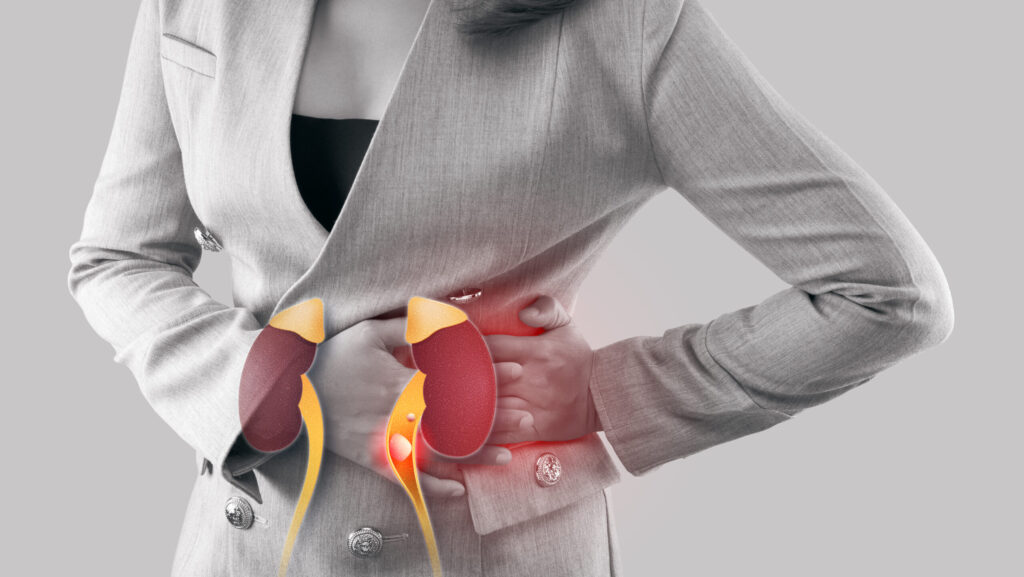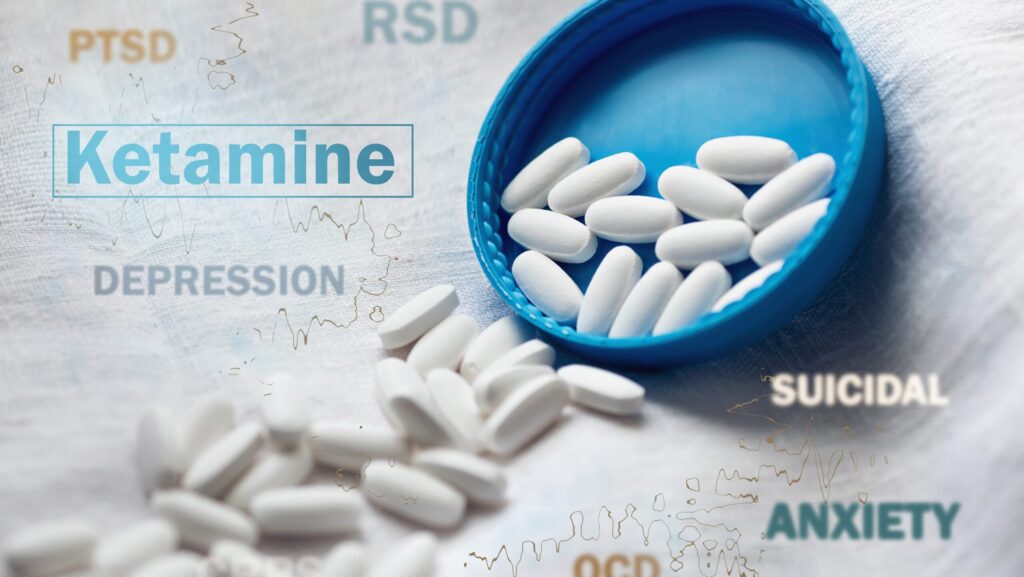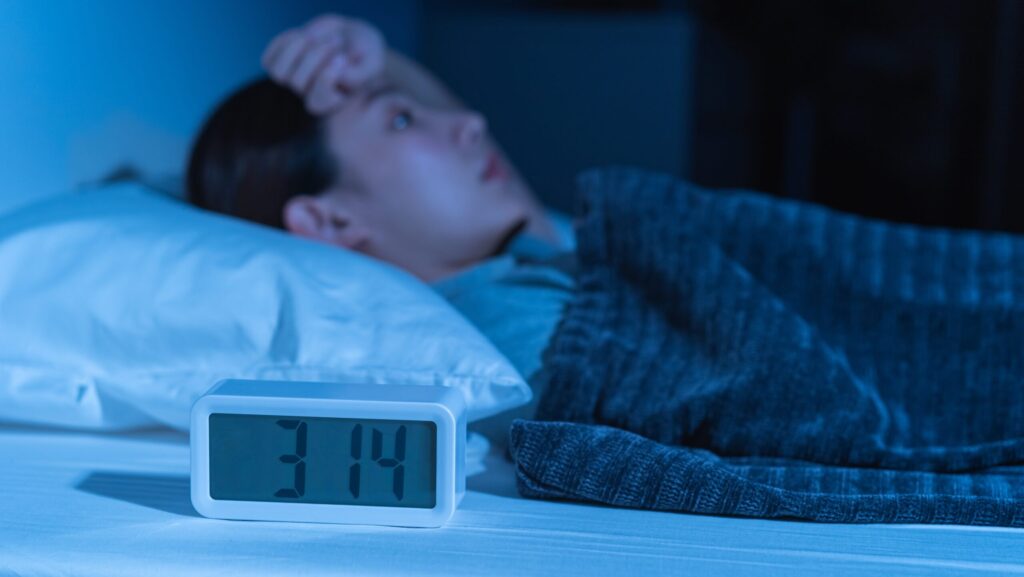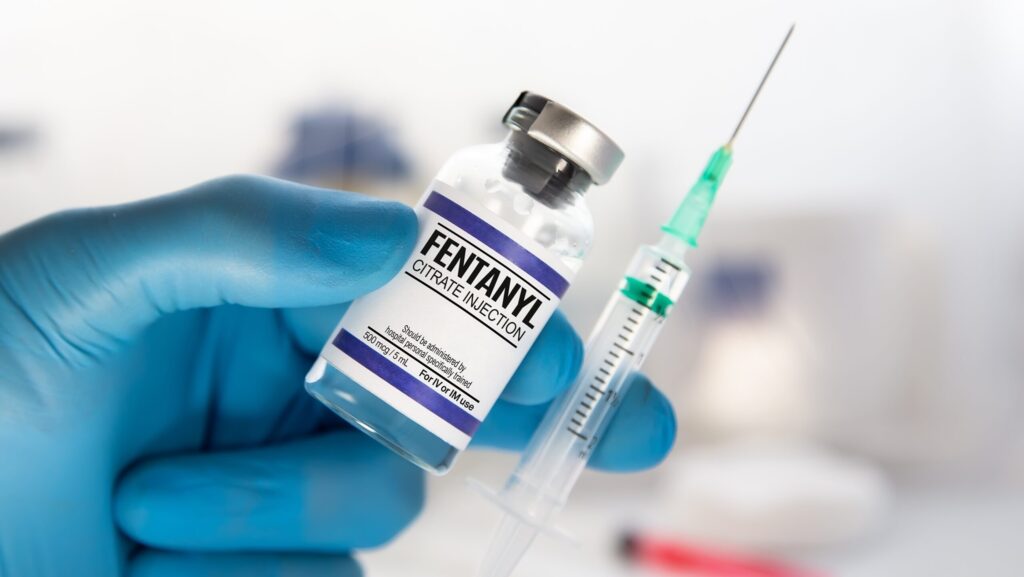Can Kidneys recover from Alcohol Damage?
Alcohol is one of the world’s most abused substances. Alcohol abuse can affect multiple systems in the body including the brain, heart, liver and kidneys. We often hear of those with alcohol use disorder suffering from brain changes, cardiovascular disease and liver damage. However, alcohol abuse can also profoundly impact the kidneys. In fact, a 2018 study found that alcohol use disorder has been linked to increasing the likelihood of a person developing a diagnosis of chronic kidney disease.
Can Kidneys recover from Alcohol Damage? Read More »










